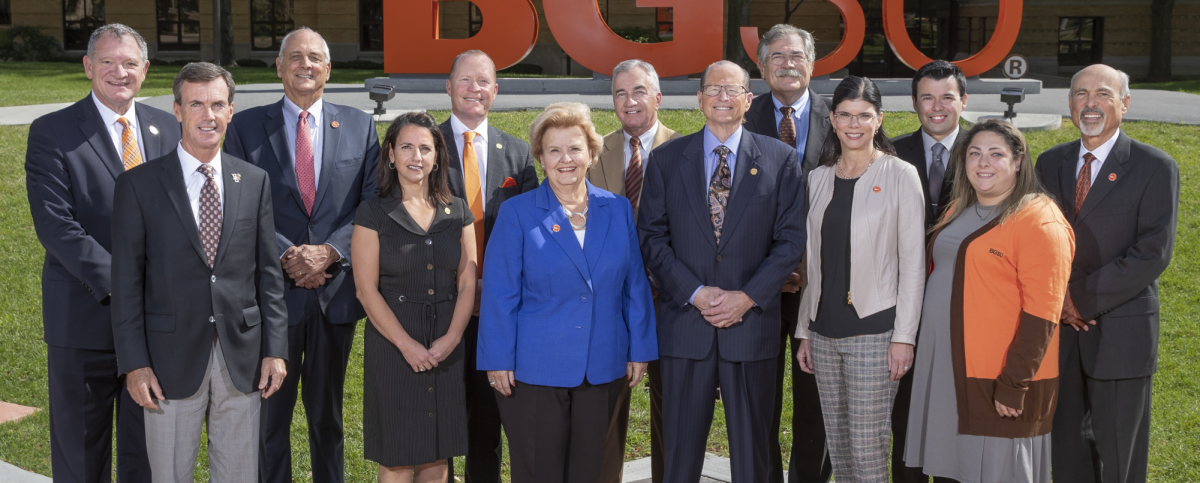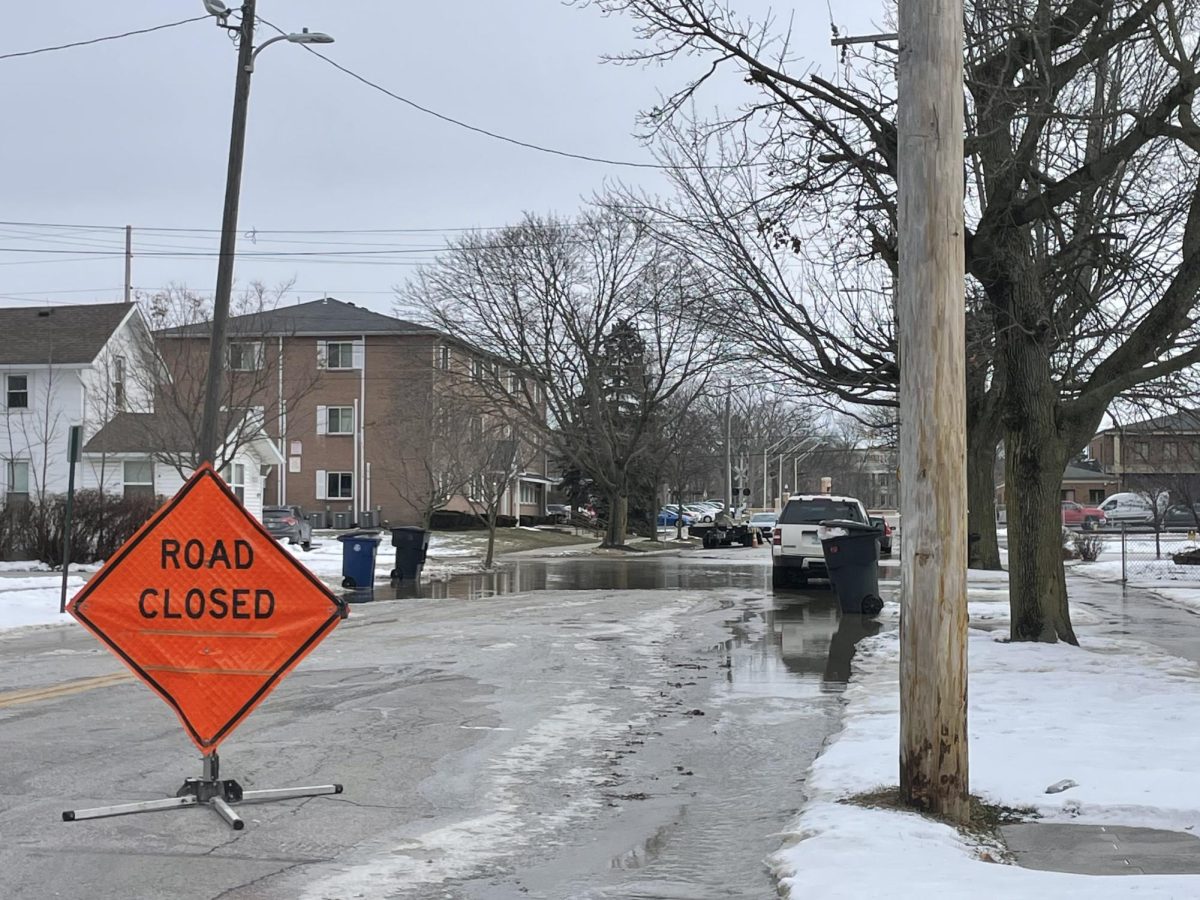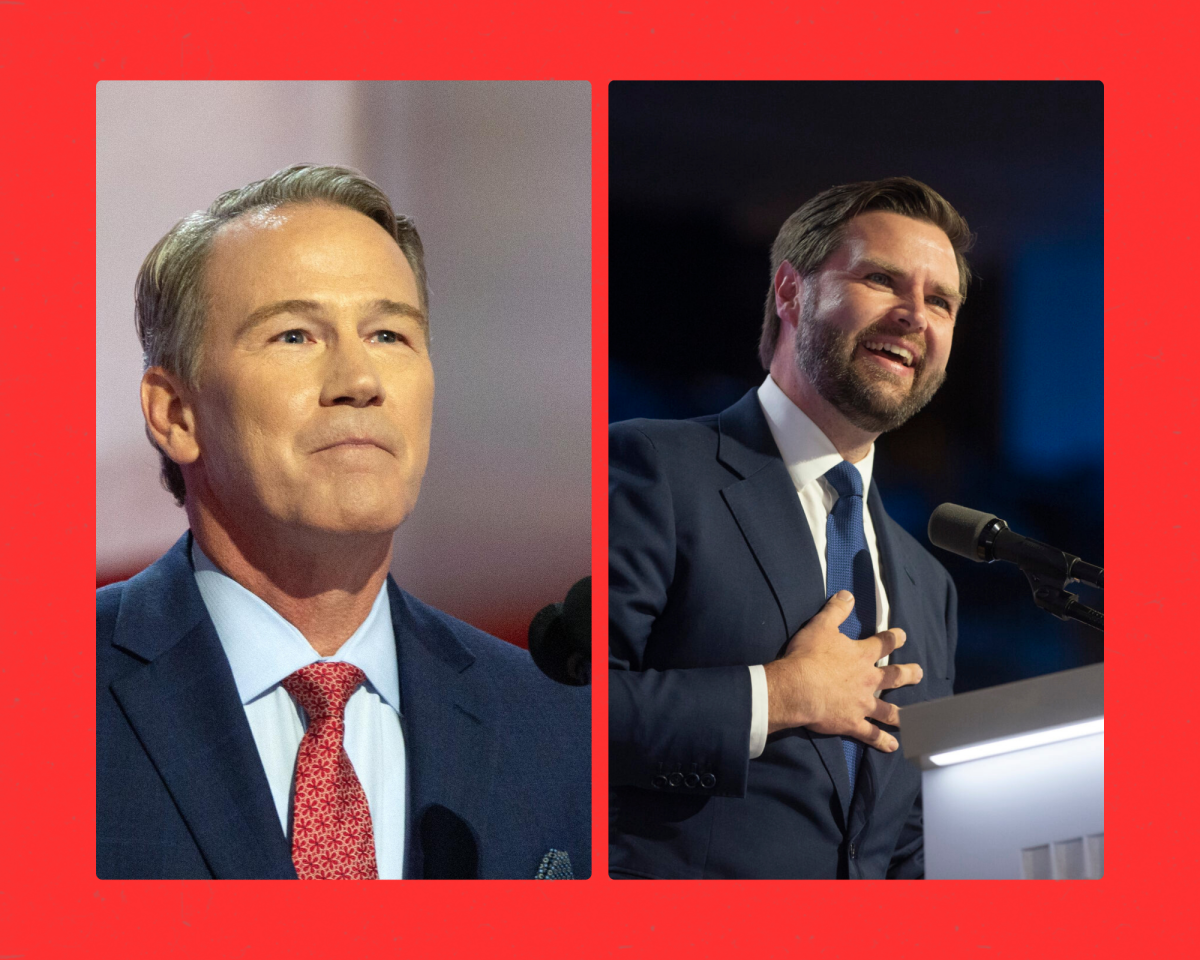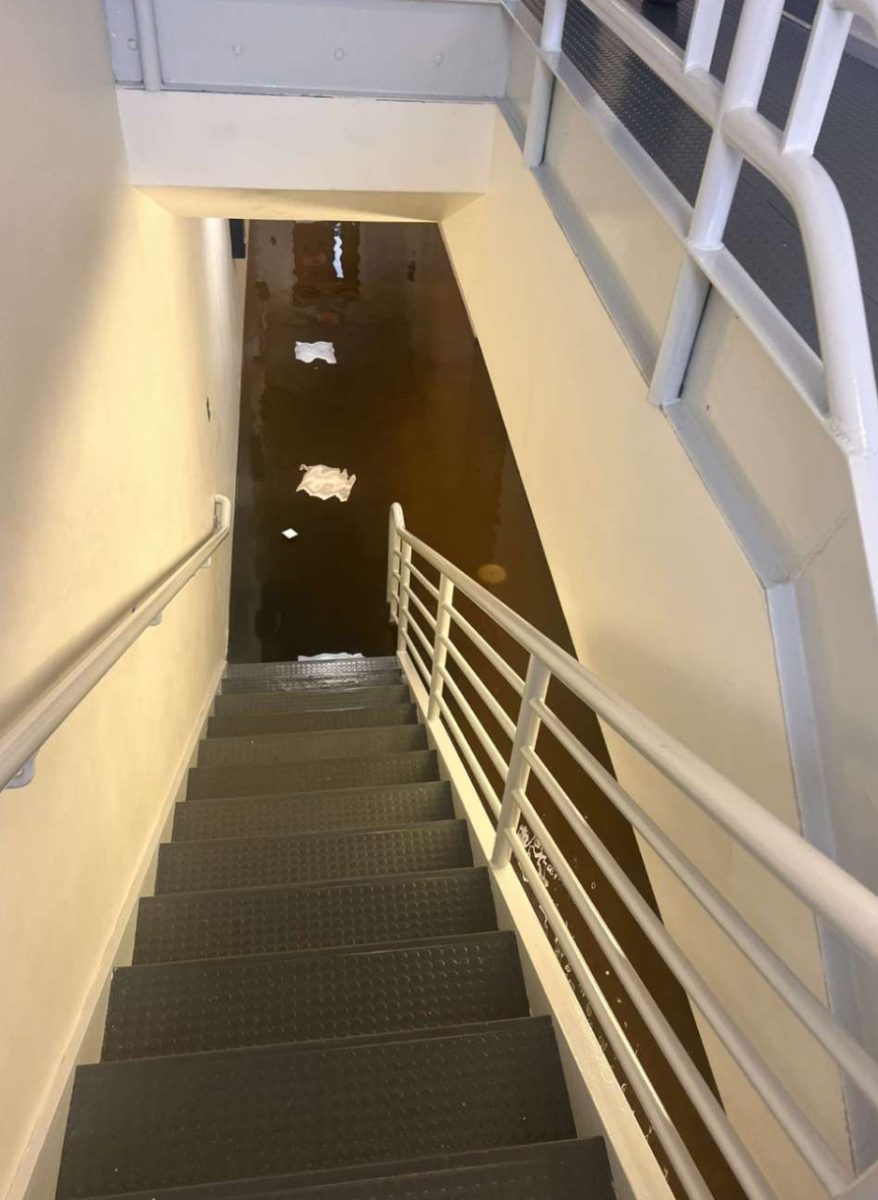Student leaders on campus are pushing for more communication with the University after being disappointed with the amount of student input for the Union renovation project process.
The renovation project is overseen by Capital Planning, which handles all renovations on campus. Construction has already proceeded after being approved by Chief Financial Officer Sherideen Stoll in February.
The approved design plan was announced to students Feb. 26 at an Ex-Officio Board Meeting by Director of the Student Union Patrick Nelson. According to Brian Swope, an assistant director in Design and Construction and the project leader for the renovation, the approved design contains two major moves, the relocation of the Career Center to the Union and the redesign of the University Bookstore to condense to one floor instead of its original two.
“I think as information was shared about the renovations that are happening, which are all good things for the campus, I think that students were surprised. I think some of us were too,” Dean of Students Jodi Webb, who is also the advisor to Undergraduate Student Government, said. “It led to conversations about how do students get this information, but also what are the opportunities for students to be a bit more involved on the front end of things, certainly recognizing that I (or students) am never going to be the construction and renovation expert.”
The problem that student leaders are seeing with the project is not in the design, but the lack of student input and project team communication.
Faculty Senate has a Student Union Advisory Committee that works closely with Nelson on matters concerning the buildings operation and programming. The committee consists of seven faculty members and seven undergraduate students that met during the renovation planning process.
“That meeting has been a lot of reporting out and a lot of information about what’s going on,” USG President Victor Senn said. “The concern is that although the student union advisory committee was meeting, it wasn’t much of a conversation.”
Students on the advisory committee were not able to give input during the planning process as plans were finalized before they reached the committee. Senn said the communication problem has been Capital Planning’s lack of contact with Nelson, who in turn does not have information to relay to the Union Advisory Committee. He said Capital Planning withheld information about those plans to avoid reporting false information.
“They do that to give us the correct information instead of saying ‘we think this is what’s happening,’ and then next week it’s something else that’s happening,” Senn said. “So they waited until they had the exact information so that they could give the correct information.”
Many student leaders heard about the plans and designs for the first time at the Ex-Officio Board meeting–after everything was approved and finalized.
Senn and USG Vice President Danielle Parker have since met with Stoll and Brad Leigh, executive director for business operations in the Office of Finance and Administration, to discuss concerns and communication problems. Senn and Parker hope to change the way students work with Capital Planning on upcoming projects.
“Where USG would like to go with this is probably something broader than just the Union,” Webb said. “What are the opportunities that, perhaps if renovations are happening in other places, that students can be a little bit more involved or at least be more aware on the front end of things.”
According to Ex-Officio minutes from March 18, student leaders plan to push for students to be at the table for future design meetings. Feedback was also given to Steve Krakoff, vice president for Capital Planning. Krakoff plans to attend an Ex-Officio meeting with Leigh, although a date they would be attending was not specified.
Leigh wrote in an email that questions should be directed to representatives from Capital Planning.
Representatives from Capital Planning could not be reached for comment.
“Brad (Leigh) and Sheri (Stoll) said they wished they had been able to communicate earlier, but I don’t hold that against them at all,” Senn said about his meeting. “They made the right decision in giving us the information when they gave it to us. They admitted that that was something they wanted to do moving forward, to give out information sooner. That’s the goal.”













